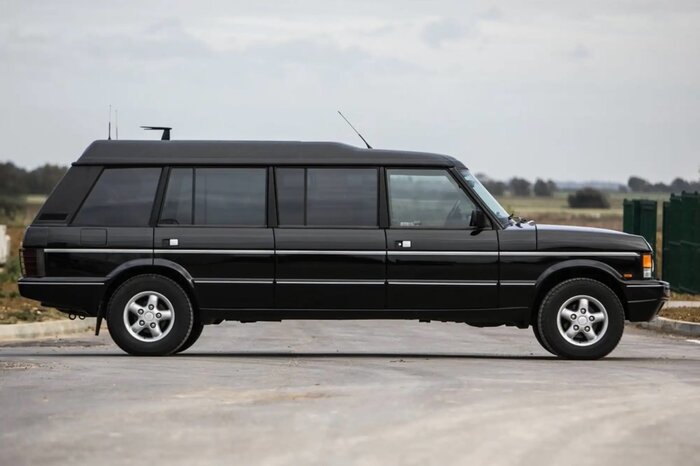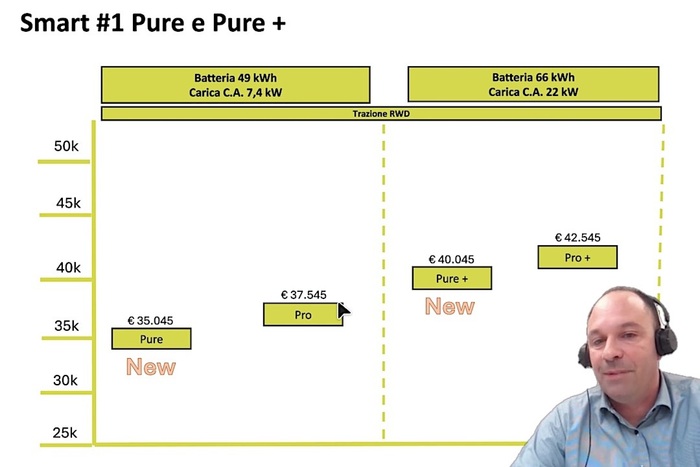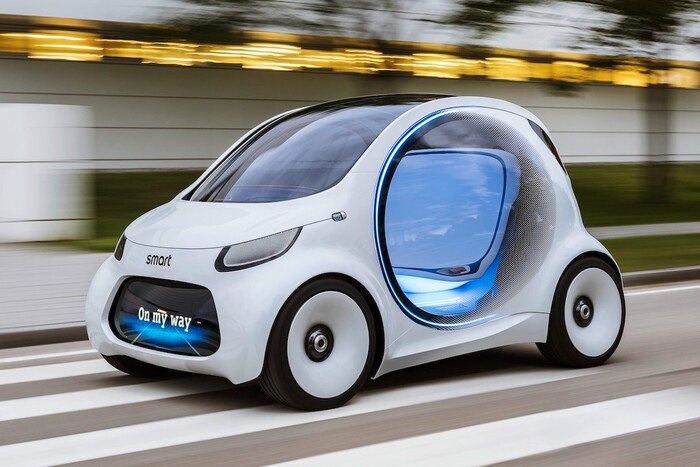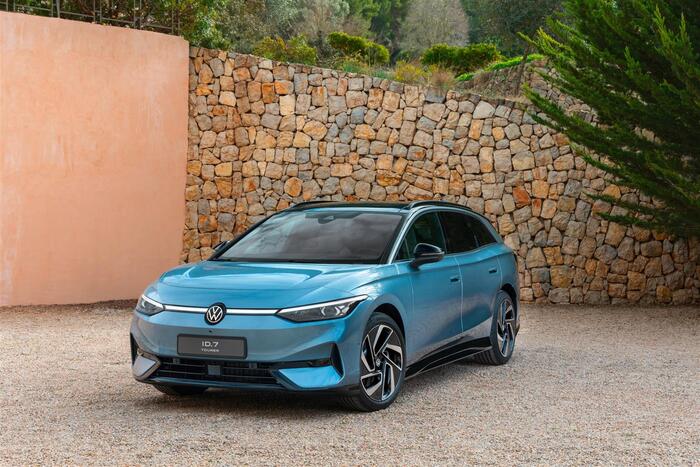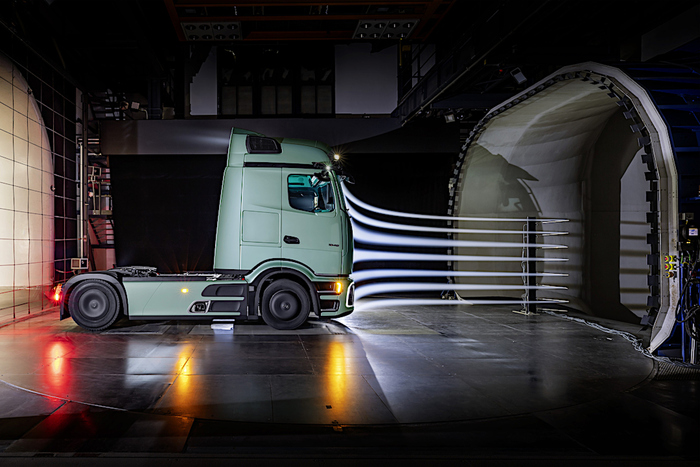Imagine, you board the plane and the seat already knows what your favorite recline is, the screen what movies you're likely to watch, and the crew what drink or menu you're used to ordering.
A dream ?
No.
This innovation, which works with your boarding pass and an app in your phone, could soon be a first-class reality.
The A350 Airspace Explorer, in Toulouse (Haute-Garonne), during the Airbus Air Forum in September 2021, LP / Adeline Daboval
It is currently being tested by the aircraft manufacturer Airbus on board its A350 Airspace Explorer.
Since 2019, this A350-900 MSN002 aircraft has been experimenting, on the ground and in flight, and helping to certify technologies intended to equip the cabins of commercial aircraft, according to the wishes of airlines.
During the Airbus Air Forum organized in Toulouse (Haute-Garonne) at the end of September, we were able to go on board and test these novelties, chosen according to four themes: atmosphere, comfort, connectivity and sustainability.
Self-tinting windows
At the request of the crew, all the windows are gradually tinted to become opaque.
LP / Adeline Daboval
Gone are the days of the hostess asking you on landing to pull up the shutter of your window, the end of the neighbor in front who suddenly slams the rigid plastic and wakes you up.
"This electrical system makes it possible to make the windows opaque and reopen them very slowly," boasts an Airbus spokesperson on board.
A good idea for both the passenger and the staff.
It is the crew who can decide with one click to simultaneously tint all the aircraft windows to make them 99.9% opaque.
Appreciable especially during long-haul flights with a strong jet lag.
"This option can be ordered in the next generations of aircraft", plans our guide.
Connected seats
Connected, the seats of the future will be ordered in first class thanks to a smartphone application.
LP / Adeline Daboval
To prevent flight attendants from moving up and down the plane to check the seat belts, backrests and shelves row after row, the seats of the future will be connected and will allow passengers' oversights to be displayed on a tablet in real time. .
“Staff will be able to spend time with travelers instead of running,” says the same manager.
Another advantage is that you can know after how many movements the seat breaks and when it must be changed.
"In first class, as mentioned in the introduction, the seat can be adjusted using your smartphone as a remote control.
The preferences are stored.
The occupancy of the toilets will be displayed at the passenger level and no longer just in front of the door.
New screens and carpets for greener travel
“As soon as possible”, Airbus will replace the current screens of the seats in its cabins with new flexible Oled screens for “a saving of 2.5 kg per row of three seats”.
At a time when planes are singled out for their detestable carbon footprint, the future aisle carpet is also 100% recycled fabric from old seats and infinitely recyclable.
Useful lights
The ceilings of future cabins can be fitted with differentiated lights.
In addition to creating an atmosphere, they can light up in different colors to facilitate, for example, disembarking area by area.
Another technology currently being tested on board the A350 Airspace Explorer is a kind of video projector that displays information on the trip or destination, as well as ambient images, directly on the walls and luggage compartments.
Data for optimized meals
Data collection is done in real time in the kitchen area of the aircraft.
Help for on-board staff, but also a way to anticipate requests and avoid waste.
LP / Adeline Daboval
New technologies slip into the mini-kitchen area of the aircraft.
"Data collection is done in real time on the inventory," explains the Airbus guide, a tablet in hand.
As soon as a drink is taken, it is removed from the stock.
The staff know exactly what is left and where it is.
On the ground, the airline company will be able to establish statistics or even a customer base with their preferences to avoid the mess.
Another advantage of connected objects is that they are controlled automatically.
One can thus imagine the coffee maker which launches the coffee as soon as it is ordered by the customer or the oven which calls for its maintenance all alone.


